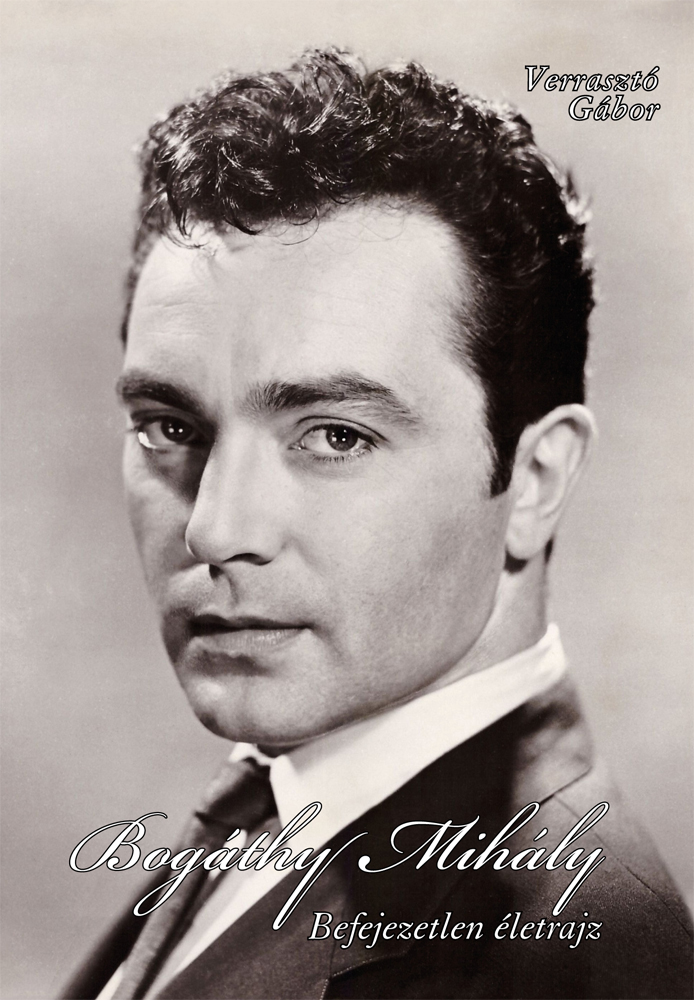
Mihály Bogáthy – book presentation
National Széchényi Library cordially invites you and your friends to the presentation ceremony of a book by Gábor Verrasztó entitled Mihály Bogáthy – Unfinished Biography. The event will take place in Boardroom 516 of NSZL, starting at 17:30 on Thursday June 29, 2017.
Theater historian Dr. Ildikó Sirató, Head of the Theater Collection of National Széchényi Library will have a discussion with the author, and the book will also be recommended by her.
In the “unfinished biography” closed down and completed with documents by Gábor Verrasztó, one can read a real adventure story about Mihály Bogáthy, all of whose real names and pseudonyms are revealed on the pages of the book. Bogáthy’s memories drift through coincidences, as if they were part of a fictitious story, but they are not all! Persons in the book are ordinary people, and the story focuses on an actor, whose adventurous fate could be the most common 20th-century Hungarian biography. The once handsome and gifted young man writes about his life determined by history, theater history, cultural changes and celebrity media in a matter-of-fact way, while the reader at times identifies himself or herself with the hero similar to him or her, or, at other times, he or she looks up to the star who relates his experiences in the world of Hungarian and American theaters and movies in a most natural style.
Nowadays there is hardly anyone who could remember Bogáthy’s performances before 1956, or anyone who would have been witness to his overseas success. However, he may return to his native Orosháza and to his homeland almost as a good acquaintance of readers. The actor, who never ceased to be Hungarian, trusted the memories of his lifetime to a sensitive documentary and local history writer, fellow countryman Gábor Verrasztó. He edited Mihály Bogáthy’s reminiscences, together with the results of family historical research. Also he completed the text with a role catalog and press bibliography, so that the actor’s posterity could get to know the man, and that we could also better understand ourselves in the light of 20th-century mosaic pieces of our emigrant diaspora culture.
Ildikó Sirató




